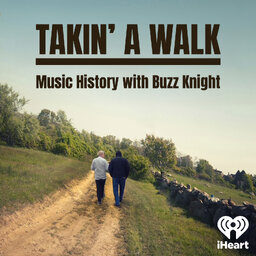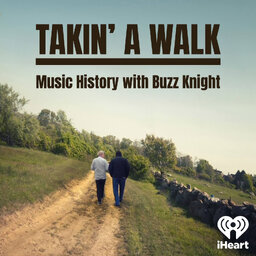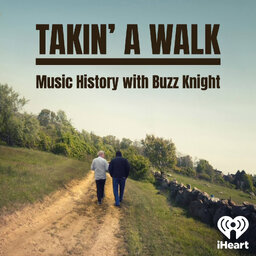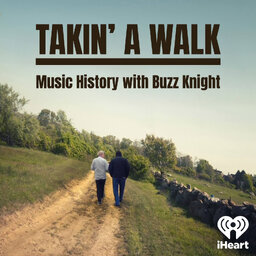Classic Replay with Grammy Winning Record Producer Jack Douglas
Join @TheBuzzKnight for this Classic Replay with the great Record Producer Jack Douglas. He is responsible for producing some of the greatest rock music ever made from artists like Aerosmith, Cheap Trick and many more. He was the last person to produce John Lennon. Jack is in the news because Reservoir Media has acquired the producer royalties of Jack's catalog, describing it as "a cornerstone of rock music history."
For suggestions or comments write Buzz@Buzzknightmedia.com
Connect with Buzz on Twitter @TheBuzzKnight and Instagram @takinawalkpodcast.
Like this show? Share with your friends and leave us a review. Review
 Takin' A Walk - Music History with Buzz Knight
Takin' A Walk - Music History with Buzz Knight


